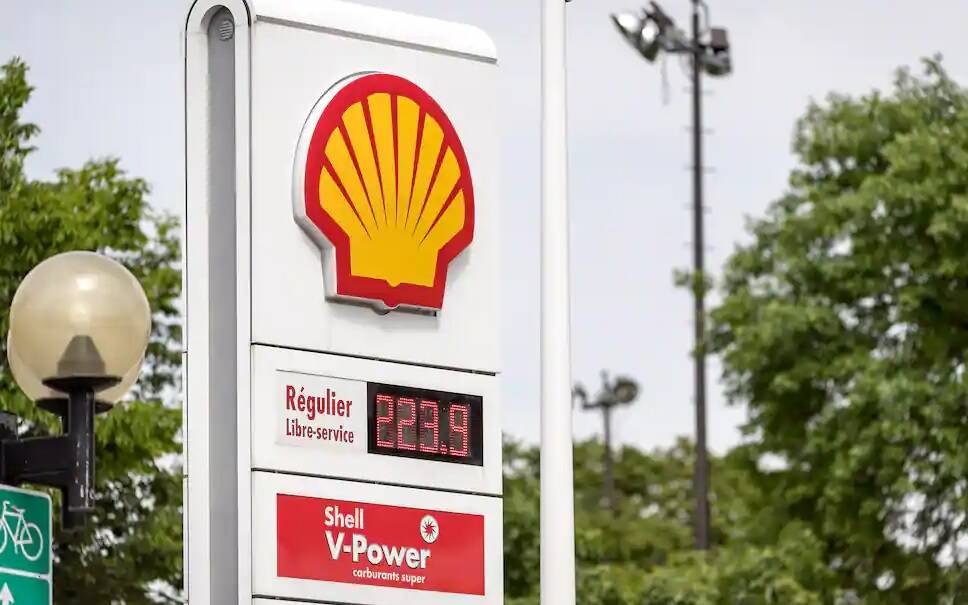More Gas Price Hikes Coming With New Clean Fuel Regulations
Canadian Minister of Environment and Climate Change Steven Guilbeault today announced the publication of the final Clean Fuel Regulations (CFR), which will set increasingly stringent requirements on producers and importers to reduce the carbon intensity of gasoline and diesel.
Once fully implemented, the CFR will help cut up to 26.6 million tonnes of greenhouse gas emissions in 2030, the federal government predicts, or roughly the amount of GHGs currently generated by the entire Canadian economy in two weeks.
“The regulations have been designed to ensure there will be no immediate impact on fuel prices. In addition, the Clean Fuel Regulations come at a time when refining margins on gasoline in Canada are up more than 113 percent between June 2019 and June 2022, and oil and gas companies are experiencing record cash flows. In this context, it is an opportune time for industry to invest in new, clean technology,” the press release says.
No immediate impact on fuel prices, really? We’ll see about that. In the longer term, however, gasoline and diesel will inevitably get more expensive for drivers.
According to an impact analysis of the new CFR published Wednesday and quoted by The Canadian Press, refineries and other fuel suppliers will need to spend between $22.6 billion and $46.6 billion to comply.
This will shave about $9 billion off of Canada's GDP and hike gasoline prices 6-13 cents a litre in 2030, representing an additional cost of $76-$174 per vehicle, or up to $301 per household.
The analysis claims there will be a disproportionate cost impact on lower-income families, single mothers and seniors, who are more vulnerable to fluctuations in energy costs and are the least likely to be able to afford alternatives like electric vehicles.







